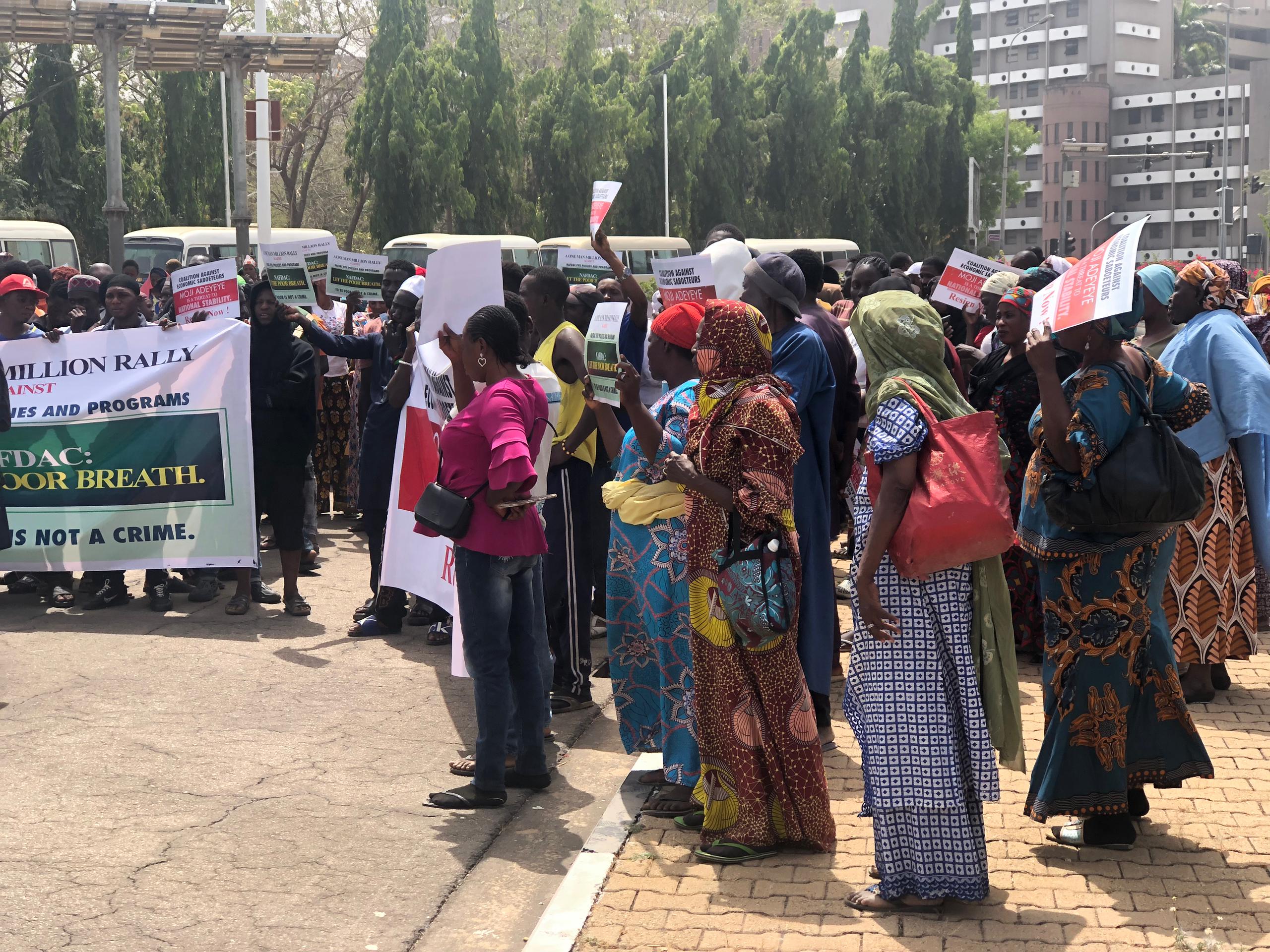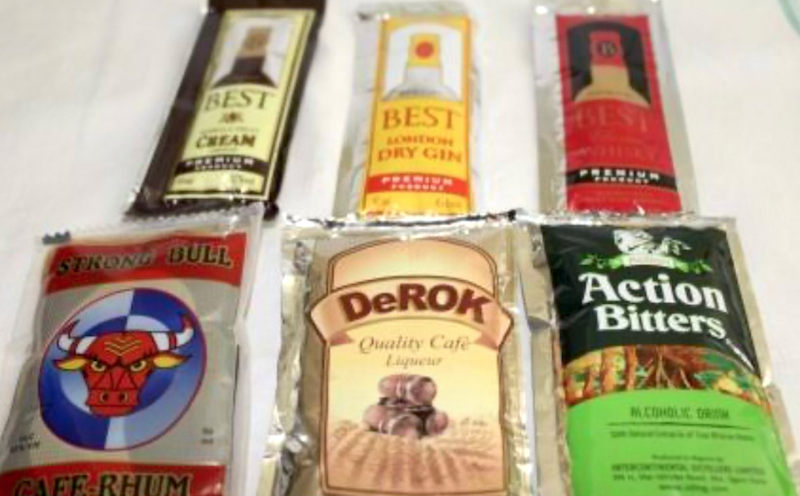President Bola Ahmed Tinubu has appointed a new Director-General for the Nigeria Centre for Disease Control, Dr. Olajide Idris, who replaces Prof. Ifedayo Adetifa.
He also named Dr. Mansur Kabir as the new Chairman of the board of the National Agency for Food and Drugs Administration and Control and reappointed its Chief Executive Officer, Prof. Moji Adeyeye.
Idris assumes office on February 19, 2024.
Tinubu’s Special Adviser on Media and Publicity, Ajuri Ngelale, announced the appointments in a statement on Thursday titled ‘President Tinubu approves leadership changes in health and social welfare sector.’
It reads: In furtherance of his determination to bring world-class standards to Nigerian public health administration and to manifest his commitment to deliver affordable and quality care to all Nigerians under governance and regulatory frameworks commensurate with international best practice, President Bola Tinubu has approved the appointment and reappointment of the following Board Chairpersons and Chief Executive Officers under the Federal Ministry of Health and Social Welfare:
(1) National Agency for Food and Drugs Administration and Control (NAFDAC):
Board Chairperson: Dr. Mansur Kabir
Chief Executive Officer: Prof. Moji Adeyeye
(2) National Blood Service Commission (NBSC):
Board Chairperson: Prof. Abba Zubairu
Chief Executive Officer: Dr. Saleh Yuguda
(3) Medical and Dental Council of Nigeria (MDCN):
Board Chairperson: Prof. Afolabi Lesi
Chief Executive Officer: Dr. Fatima Kyari
(4) Pharmacy Council of Nigeria (PCN):
Board Chairperson: Pharm. Wasilat Giwa
Chief Executive Officer: Pharm. Ibrahim Ahmed
(5) Medical Laboratory Science Council of Nigeria (MLSCN):
Board Chairperson: Dr. Babajide Salako
Chief Executive Officer: Dr. Tosan Erhabor
(6) Moddibo Adama University Teaching Hospital, Yola (MAUTH):
Chief Medical Director / CEO: Prof. Adamu G. Bakari
(7) Irrua Specialist Teaching Hospital, Irrua (ISTH):
Chief Medical Director / CEO: Prof. Reuben Eifediyi
Furthermore, as part of efforts to bolster the resiliency of Nigeria’s public health surveillance and security architecture, President Bola Tinubu approved the appointment of a new Chief Executive Officer for the Nigeria Centre for Disease Control (NCDC) to assume office on February 19, 2024:
(8) Nigeria Centre for Disease Control (NCDC):
Director-General / CEO: Dr. Olajide Idris
Moreover, it is pertinent to note that President Tinubu has painstakingly considered the wealth of experience of each qualified and aforementioned Nigerian, who will be tasked with driving his Renewed Hope Agenda in the sector, some details of which include the following:
New NCDC Director-General/CEO, Dr. Olajide Idris, received his MBBS degree from the University of Lagos’ College of Medicine, after which he obtained a Master’s degree in Public Health (MPH) from the Ivy League’s Yale University in Connecticut, United States of America. He would go on to serve as the Commissioner of Health in Lagos State from 2007 to 2019, after serving as the Permanent Secretary in the Lagos State Ministry of Health from 1999 to 2007.
New NBSC Chairperson, Prof. Abba Zubairu, PhD, has served as the Medical Director of the world-leading Mayo Clinic in the United States of America, following a long career in which he served as a Resident Doctor at the University of Pennsylvania (UPenn) Hospital as a Post-Doctoral Fellow, and undertook a Clinical Fellowship at the Harvard Medical School’s Transfusion Medicine Programme during which he obtained a Master’s degree in Clinical Science at the same institution.
New MDCN CEO, Dr. Fatima Kyari, PhD, is a renowned ophthalmologist and Fellow of the Nigeria Academy of Medicine (FNAMed) who obtained an MBBS degree from Ahmadu Bello University, Zaria, after which she obtained a Master’s degree in Public Health (MPH) from the University of London’s School of Hygiene and Tropical Medicine before she obtained a Doctorate degree in Public Health from the same institution.
The President expects that the new leadership across this critical human development sector will substantially raise the standards of healthcare service delivery for the exclusive benefit of all strata of the Nigerian population as his administration is committed to implementing a whole-of-government approach to transforming the sector to enhance aggregate national quality of life and productivity. Owing to the high cost of historical underperformance in the sector, the President anticipates the immediate and effective implementation of new policy frameworks to reposition the sector under the able leadership of the Coordinating Minister of Health and Social Welfare, Dr. Muhammad Ali Pate.
![Tinubu approves new leadership in NCDC, re-appoints NAFDAC DG [See full appointments]](https://thenewsguru.ng/wp-content/uploads/2023/05/Tinubu-President.jpg)




![Reps to probe NAFDAC’s ban on alcoholic beverage in sachets as CSOs protest in Abuja [Photos]](https://thenewsguru.ng/wp-content/uploads/2024/02/780E8FC3-0B89-4429-B7FD-BD095017B646.jpeg)

